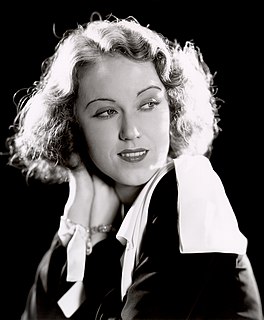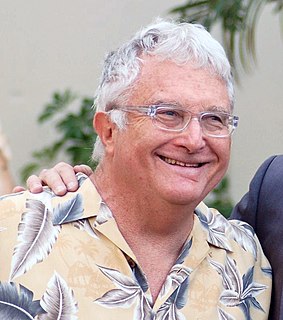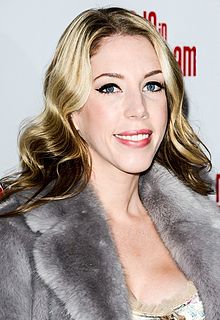A Quote by Harmony Korine
I never cared about making one coherent masterpiece with a conventional narrative. I always wanted my movies to have images falling from all directions in a vaudevillian way. If you didn't like what was happening in one scene, you could just snooze through it until the next scene. That was the thing about vaudeville: You didn't have to worry about the beginning and ends of these things.
Related Quotes
I've begun to believe more and more that movies are all about transitions, that the key to making good movies is to pay attention to the transition between scenes. And not just how you get from one scene to the next, but where you leave a scene and where you come into a new scene. Those are some of the most important decisions that you make. It can be the difference between a movie that works and a movie that doesn't.
What is a scene? a) A scene starts and ends in one place at one time (the Aristotelian unities of time and place-this stuff goes waaaayyyy back). b) A scene starts in one place emotionally and ends in another place emotionally. Starts angry, ends embarrassed. Starts lovestruck, ends disgusted. c) Something happens in a scene, whereby the character cannot go back to the way things were before. Make sure to finish a scene before you go on to the next. Make something happen.
The stage is that immediate rush of energy you get from the audience. Also, doing something in chronology - something that starts and finishes the same night. In television, you work toward the one scene, you shoot it, and then you have to forget about it because you have to worry about the next scene.
have a much harder time writing stories than novels. I need the expansiveness of a novel and the propulsive energy it provides. When I think about scene - and when I teach scene writing - I'm thinking about questions. What questions are raised by a scene? What questions are answered? What questions persist from scene to scene to scene?
As the acting class was going on, I just realized I just knew more about cinema than the other people in the class. I cared about cinema and they cared about themselves. But two, was actually at a certain point I just realized that I love movies too much to simply appear in them. I wanted the movies to be my movies.
Writers have always liked my stuff, pretty much. That's what I wanted - I think my goal wasn't to get rich and famous, necessarily, though I cared about that. I always thought, "Oh, this could be a hit," or "that will sell records." But the first thing I wanted was that people who knew a lot about music, or had taste-making qualities, they would like my stuff. Writers, people like that.
The best way is always to stop when you are going good and when you know what will happen next. If you do that every day ... you will never be stuck. Always stop while you are going good and don't think about it or worry about it until you start to write the next day. That way your subconscious will work on it all the time. But if you think about it consciously or worry about it you will kill it and your brain will be tired before you start.
I do meet people from my act from time to time, They give me a little flicker of worry - 'Have I been unfair?' But I'm usually talking about a greater narrative or a scene. I'm not just destroying them personally, The Cheryl Cole bit isn't about Cheryl Cole so much as our tendency as a celebrity-consuming culture to put people on a pedestal just for what they look like. It's about us and how quickly we shift in terms of approval or disapproval.
Whether it's one scene or 15 scenes in a film, whether it's the lead or a cameo part, if I don't find it interesting, I tend not to do it. You never really know what it is. It could be a one-scene part. I remember I read the one scene in Crash and was asked to do it. I was like, "Absolutely!" There's no formula for how something has to be. I always try to keep it that way.




































